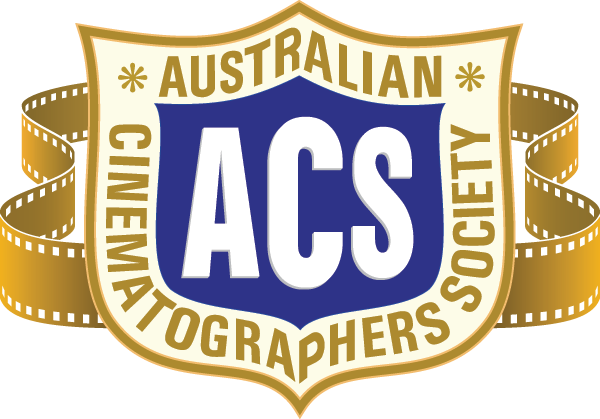Lionel Greenstreet, First Officer, Shackleton’s Endurance Expedition
‘He…is an absolute artist in the way he selects his subjects. He is a warrior with his camera and would go anywhere or do anything to get a picture’.
Frank Hurley (often called Cap Hurley) was once a household name in Australia, being most famous for his still photographs and motion picture footage of the Mawson and Shackleton (Endurance) Antarctic expeditions. He was also a visual recorder of many of the major events of the twentieth century, in particular World War 1 (1914-1918).
In 1917 Hurley joined the AIF, the Australian Imperial Force as official photographer with the rank of honoury Captain and captured many frightening battlefield scenes during the Third Battle of Ypres in Belgium, just over the border from France. In keeping with his adventurous spirit, he took considerable risks to photograph his subjects, and produced many rare colour photographs of the conflict. His period with the AIF ended in March 1918. Hurley also served as an official war photographer during World War II (1939-1945) in the Middle East and Egypt.
Hurley, a pioneering documentary film maker was a participant in the early feats of aviation, as well, he was the cinematographer on several major Australian feature films produced in the 1930s, the best known being ‘The Squatters Daughter’ in 1933, ‘The Silence of Dean Maitland’ in 1934, ‘Strike Me Lucky’ in 1934, and ‘Grandad Rudd’ in 1935, all directed by the legendary Ken G. Hall.
However, it’s the film ‘South’ the 80 minute documentary of the 1914-1916 Ernest Shackleton – Endurance expedition to Antarctica (released in 1919) that contains some of his most spectacular cinematography. Hurley with his cameras, travelled to Antarctica 6 times between 1911 and 1932.
In his later years Frank Hurley extensively travelled the length and breadth of his home country to produce photographic illustrated books and beautiful calendars that eulogised Australia and its people.
Frank Hurley passed away peacefully at his Collaroy home on January 16, 1962.


